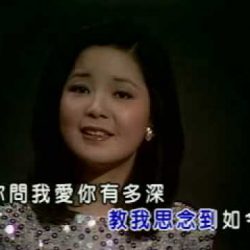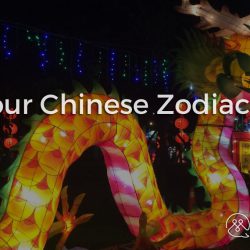The Moon Represents My Heart 月亮代表我的心
The Moon Represents My Heart Teresa Teng, Teng Li-Chun or Deng Lijun (January 29, 1953 – May 8, 1995) was a Taiwanese pop singer. She was known for her folk songs and romantic ballads. “When Will You Return?” and “The Moon Represents My Heart” are two of her most popular songs. She recorded songs not[…]












